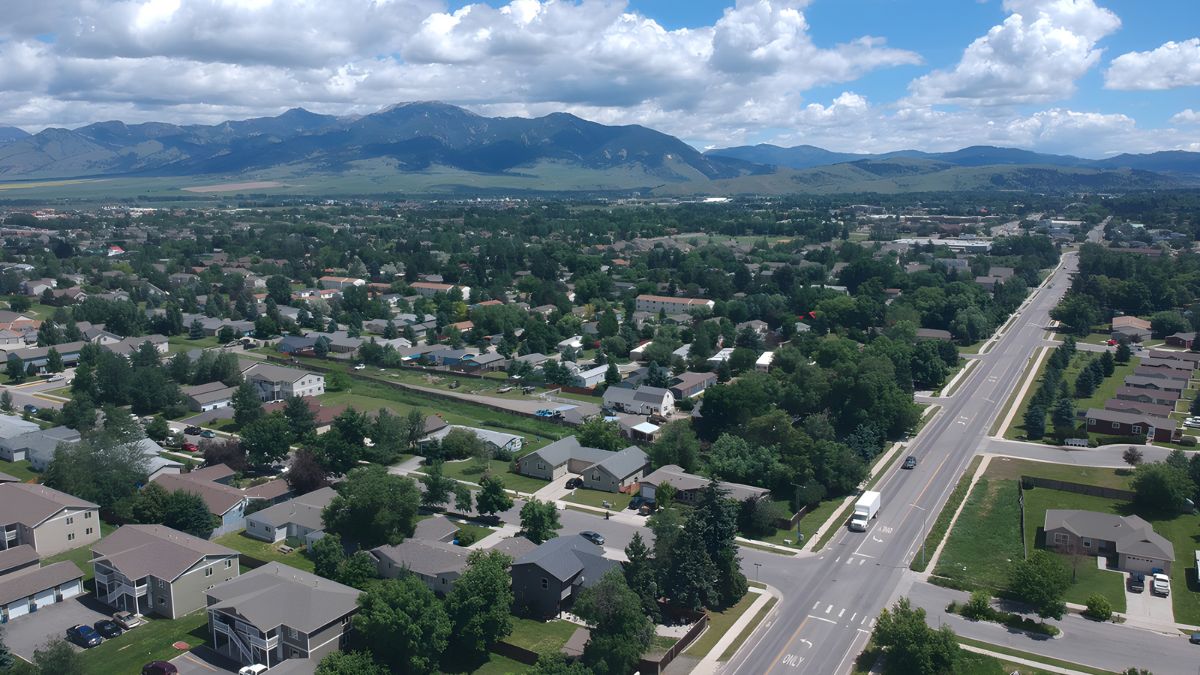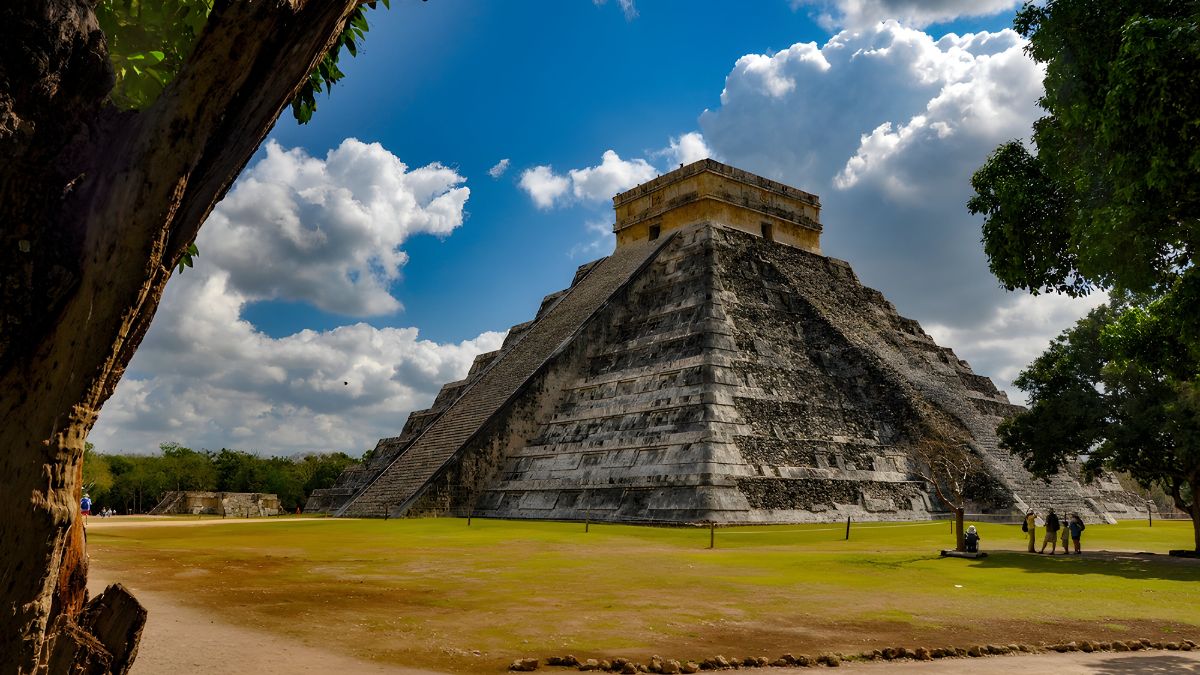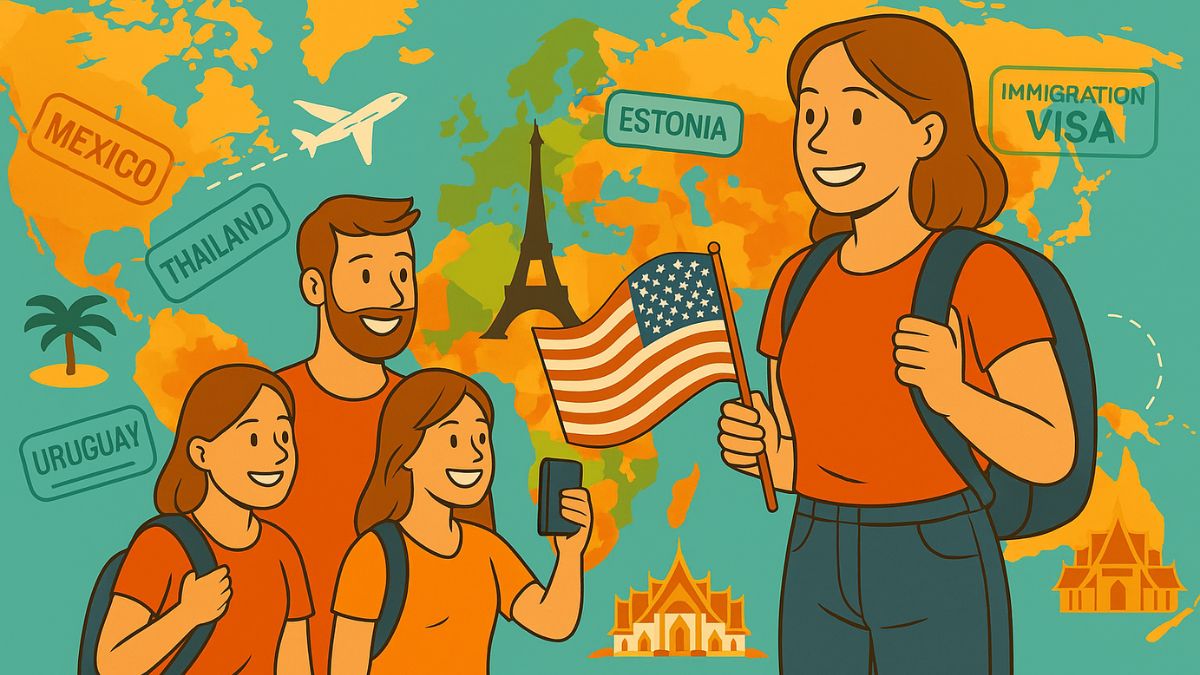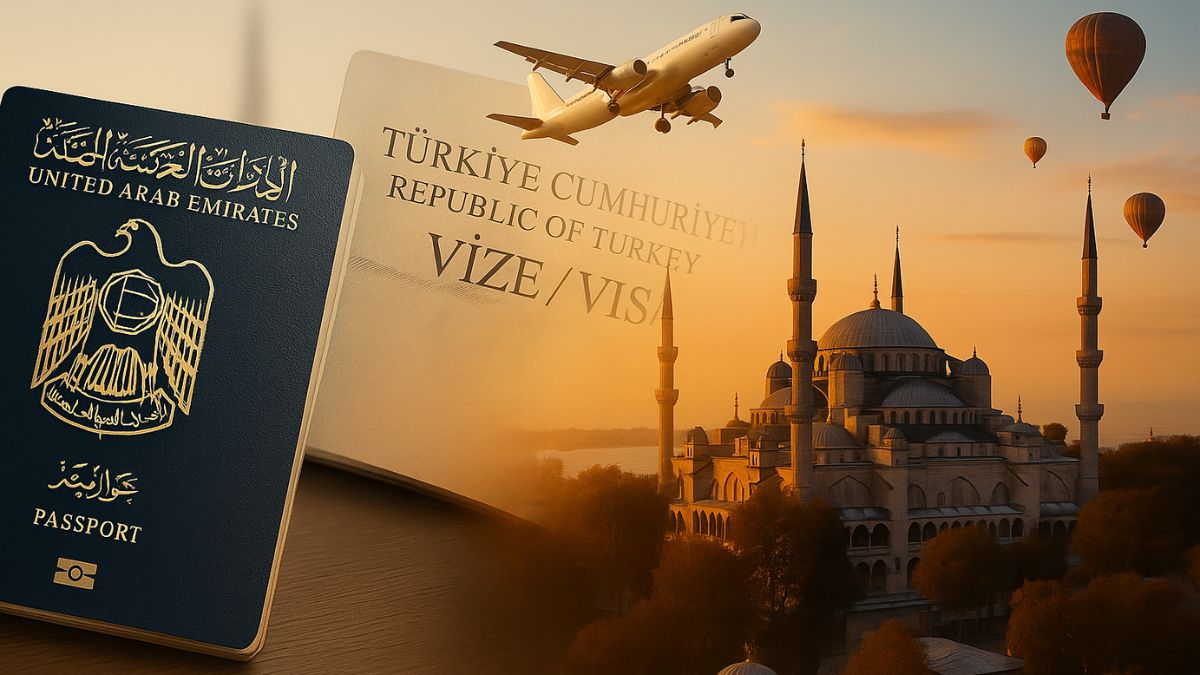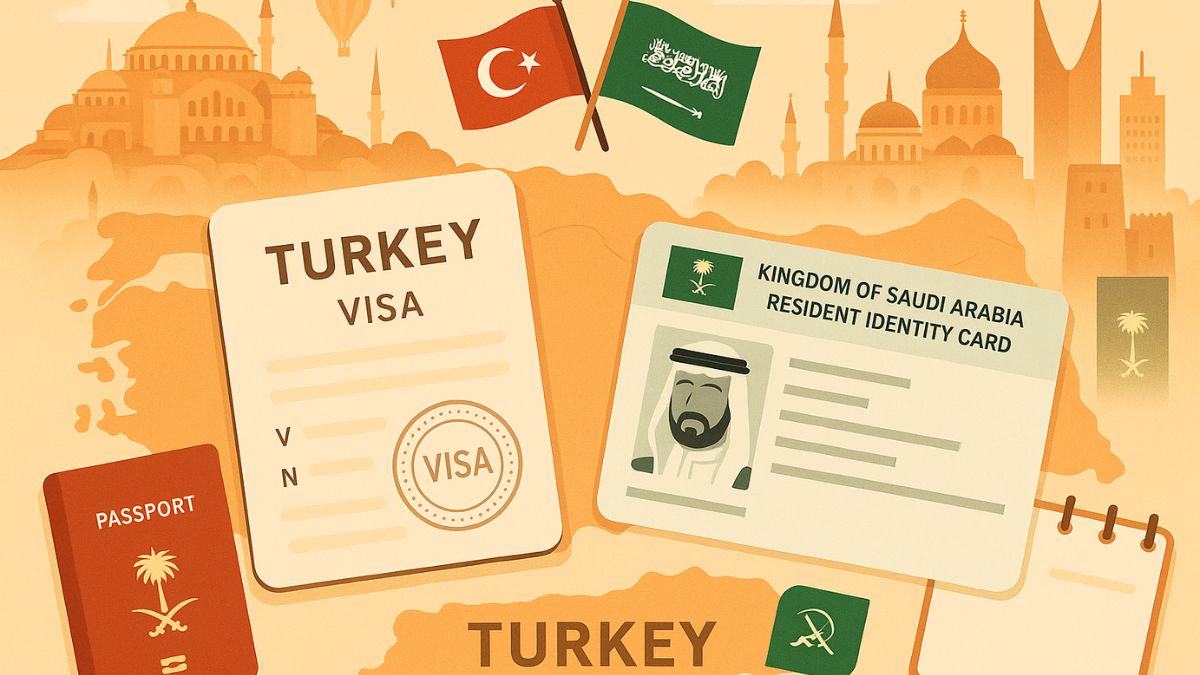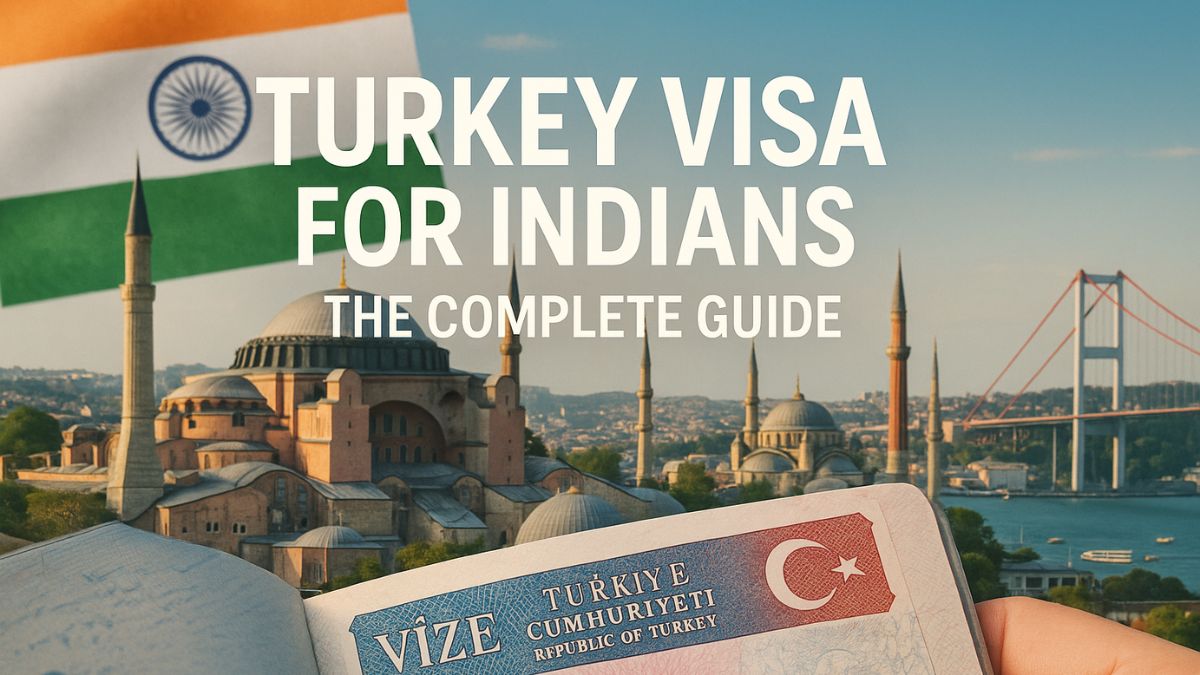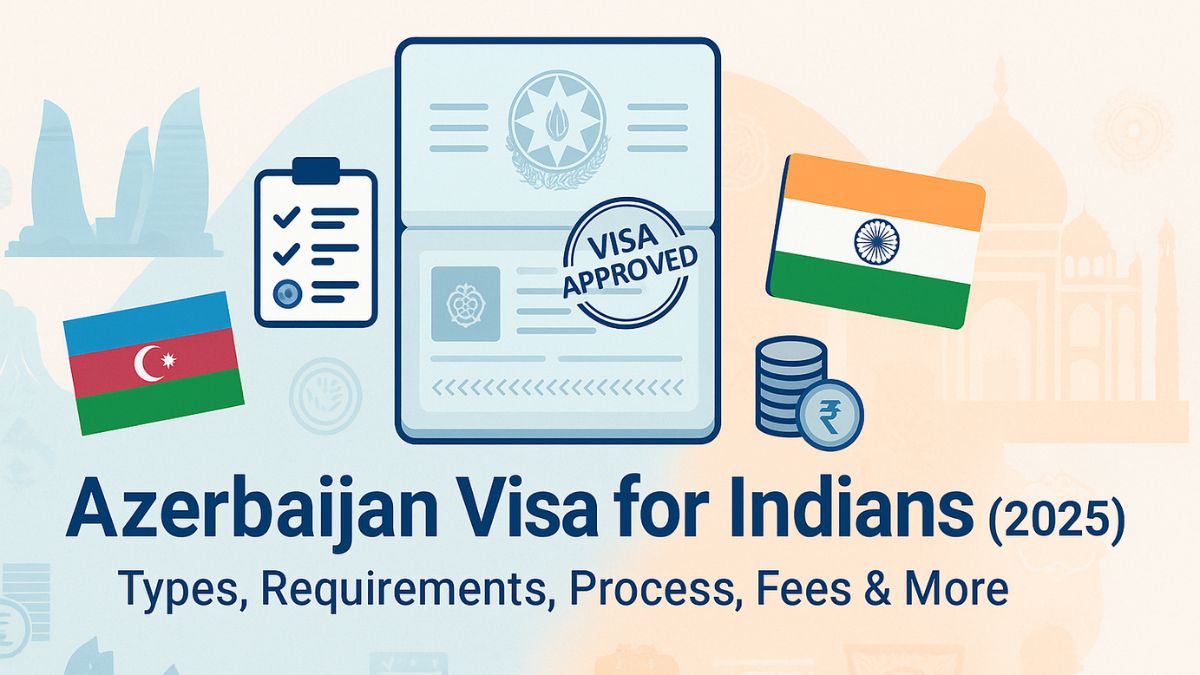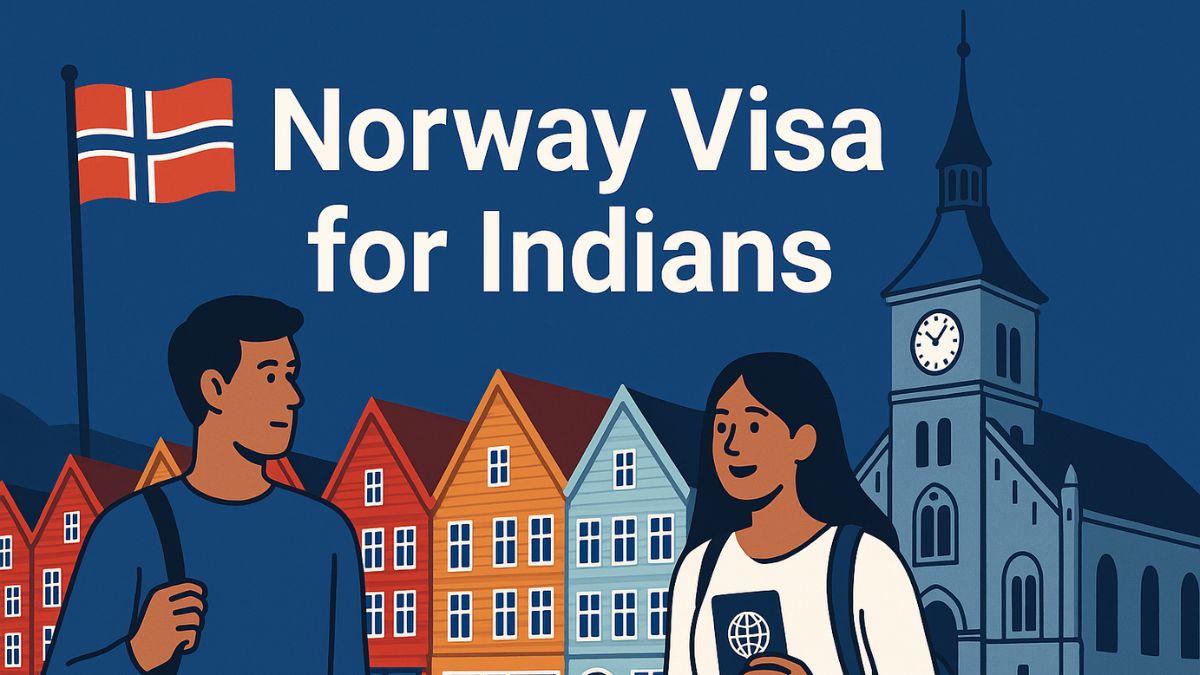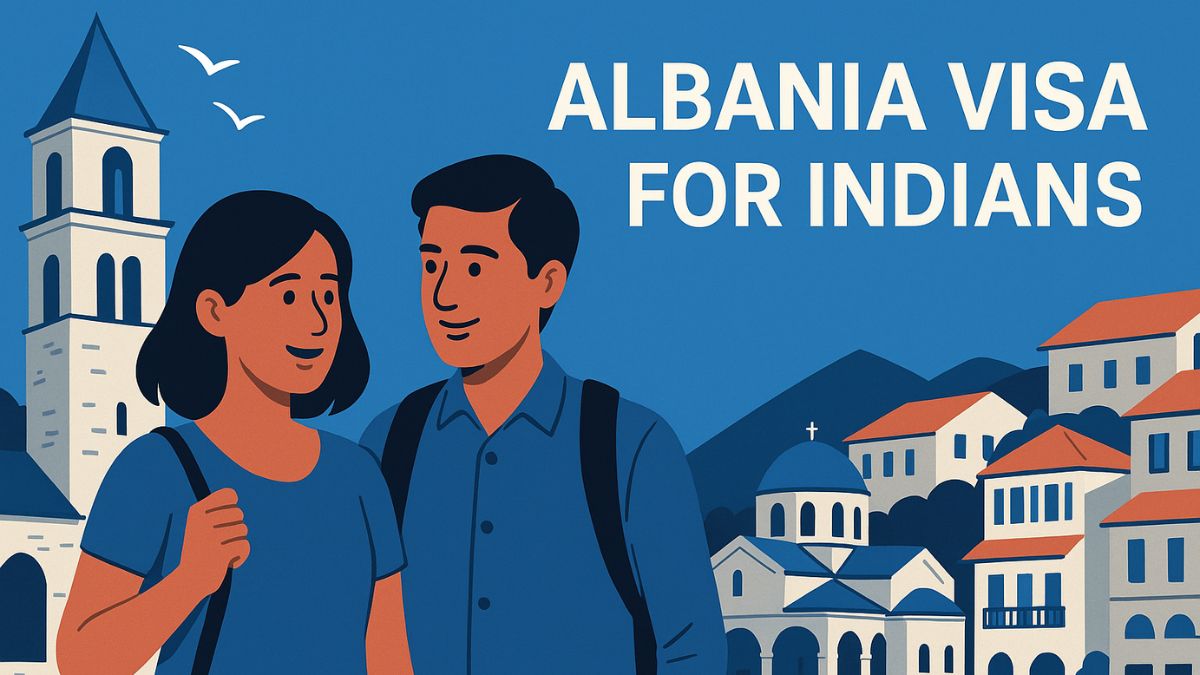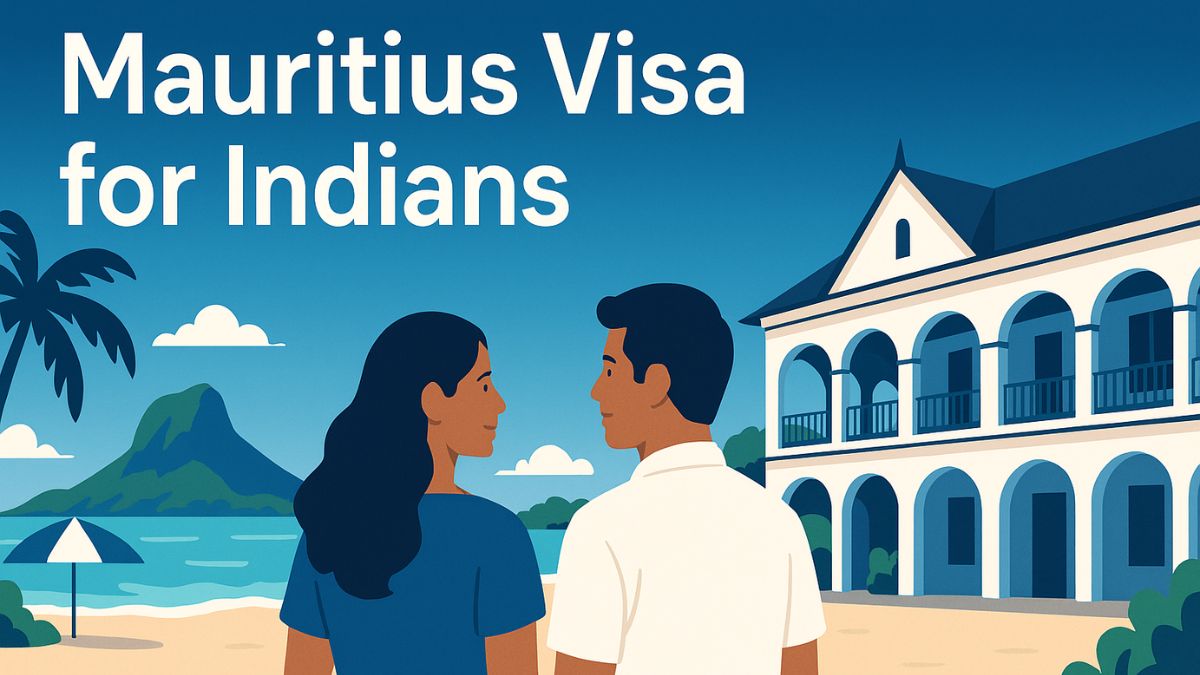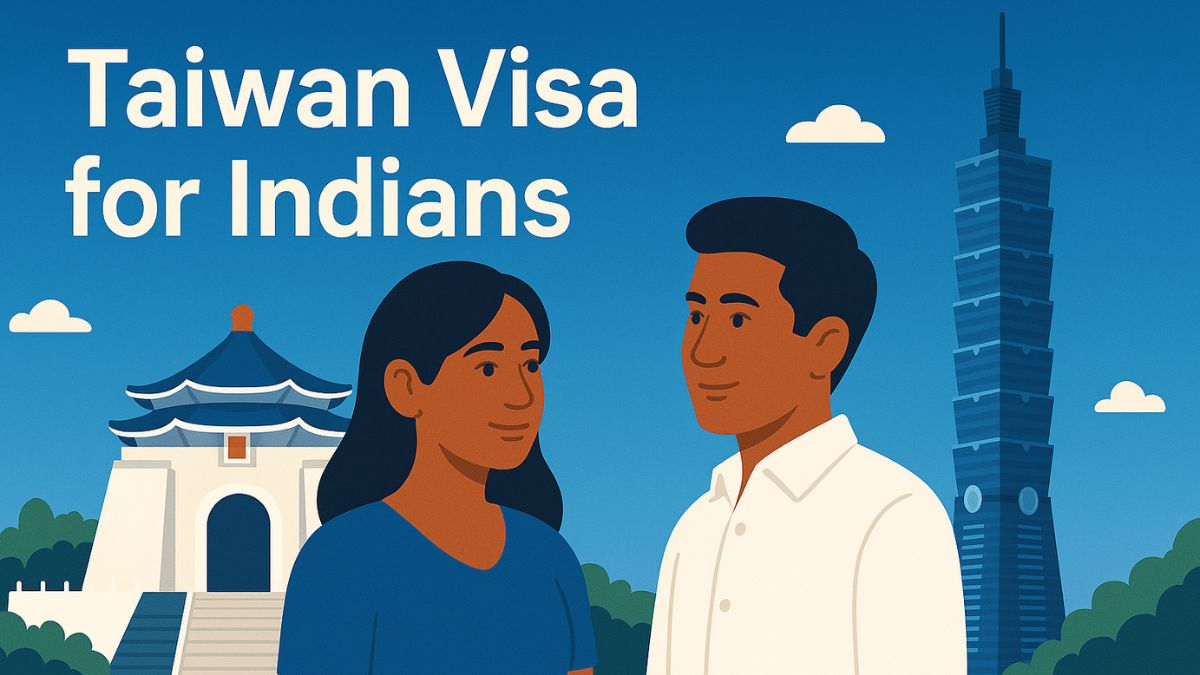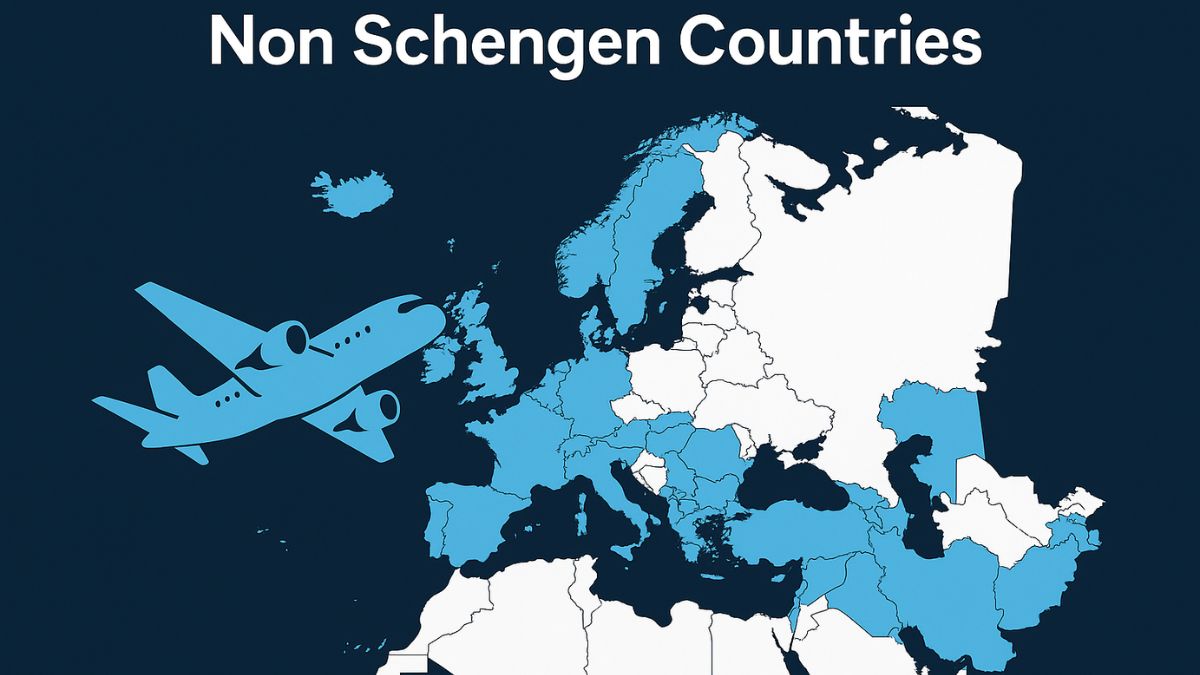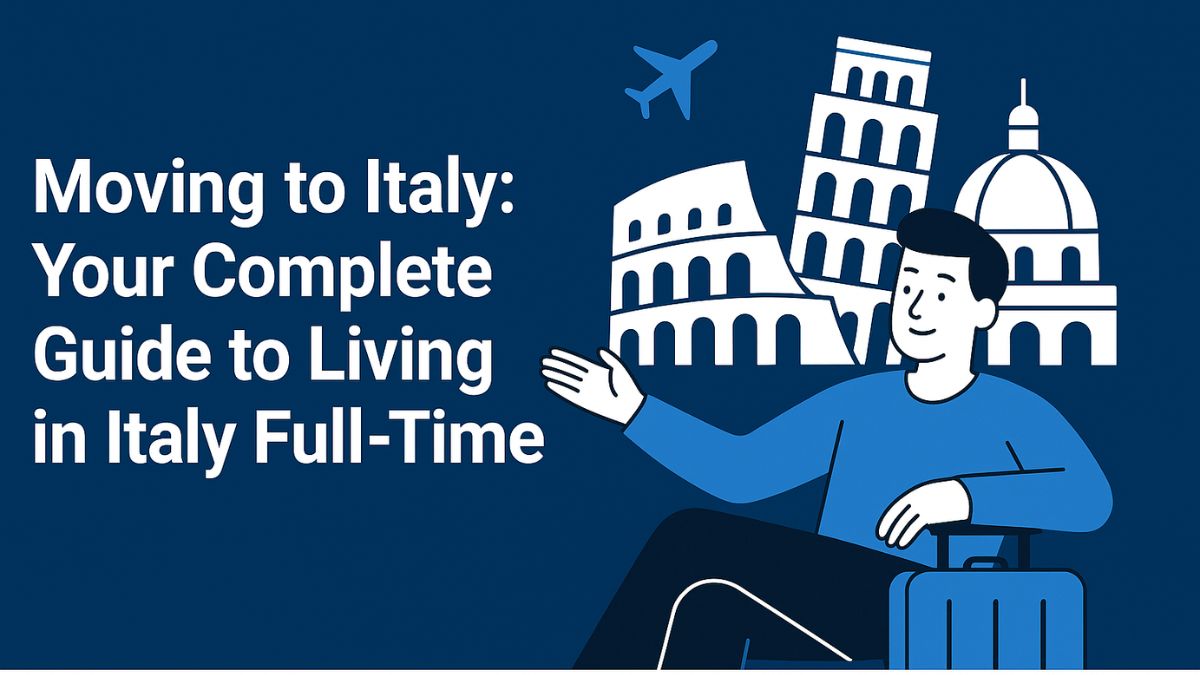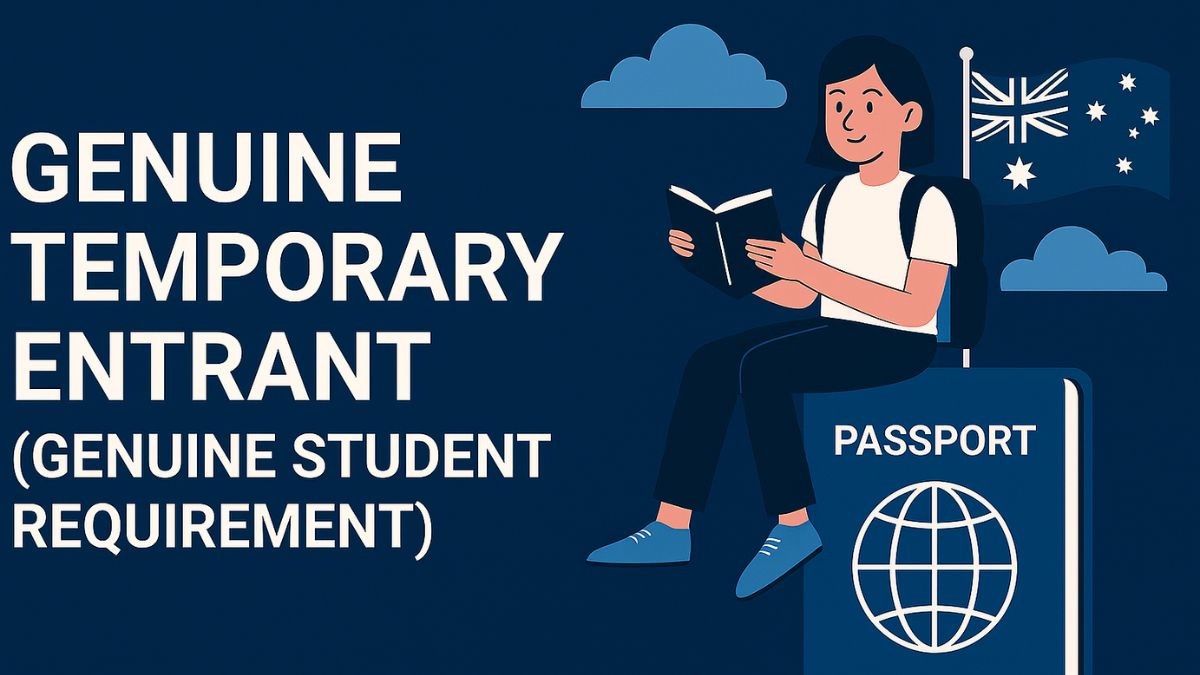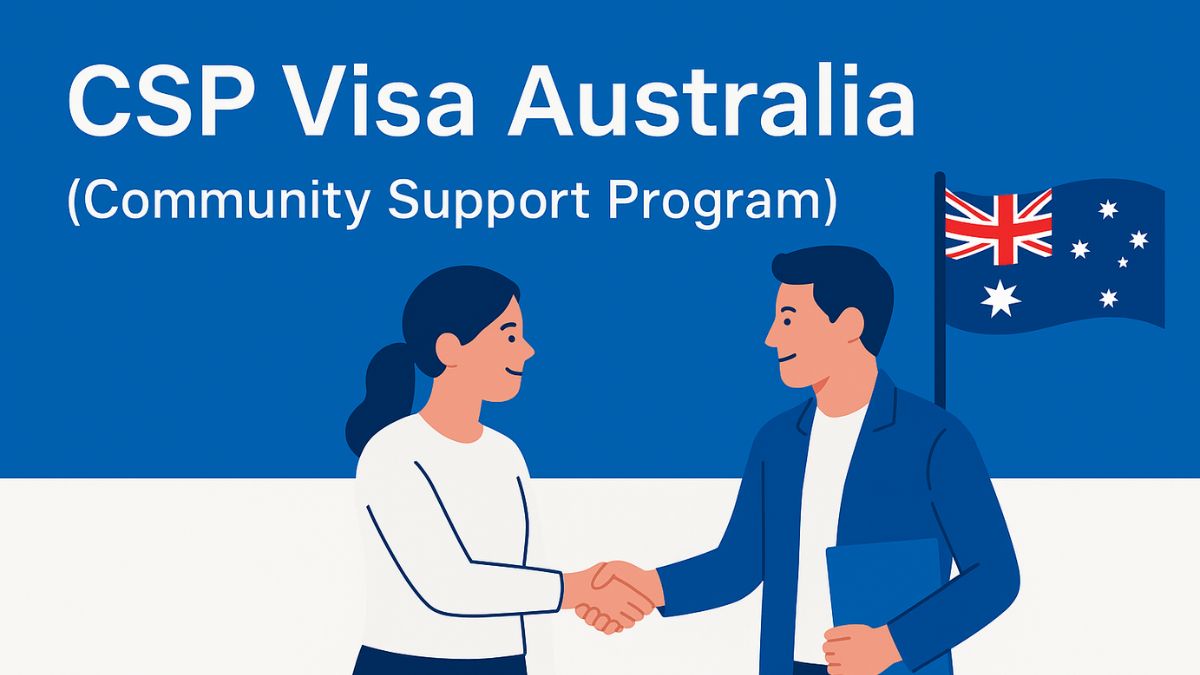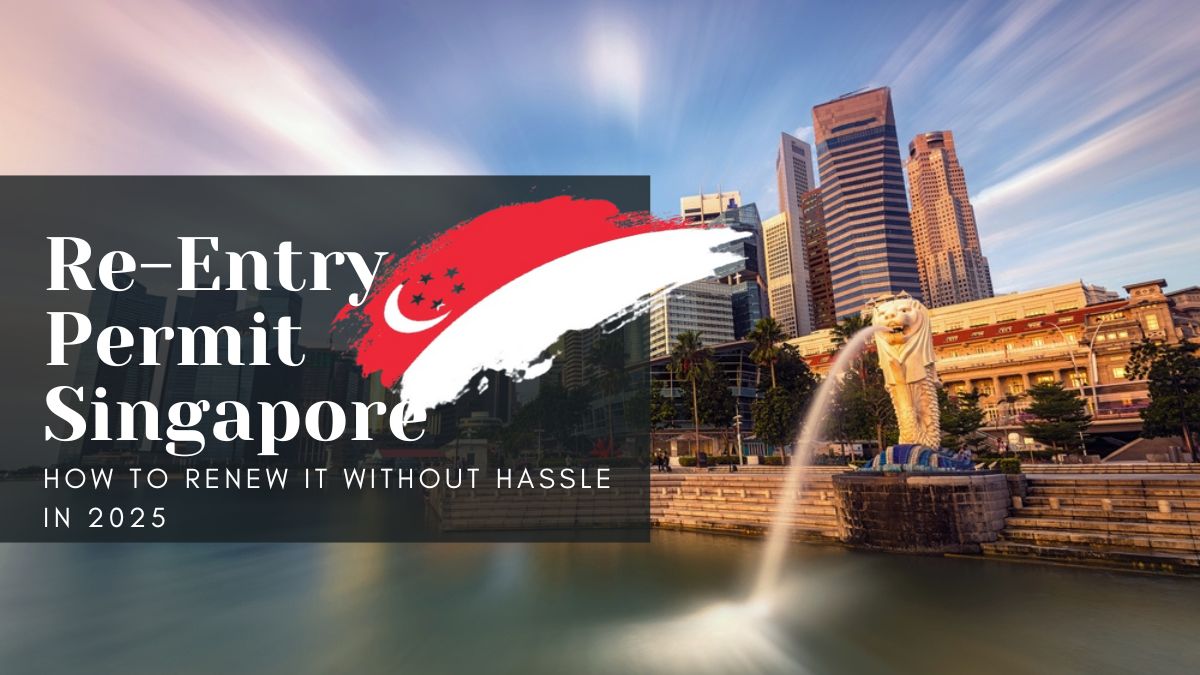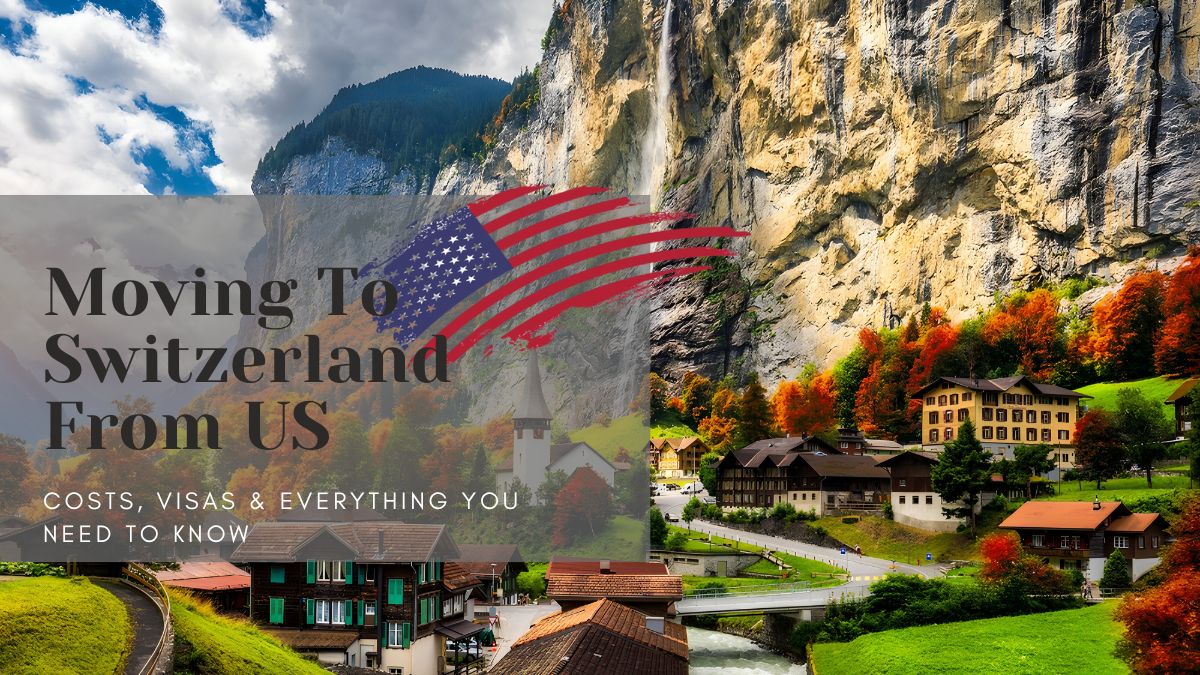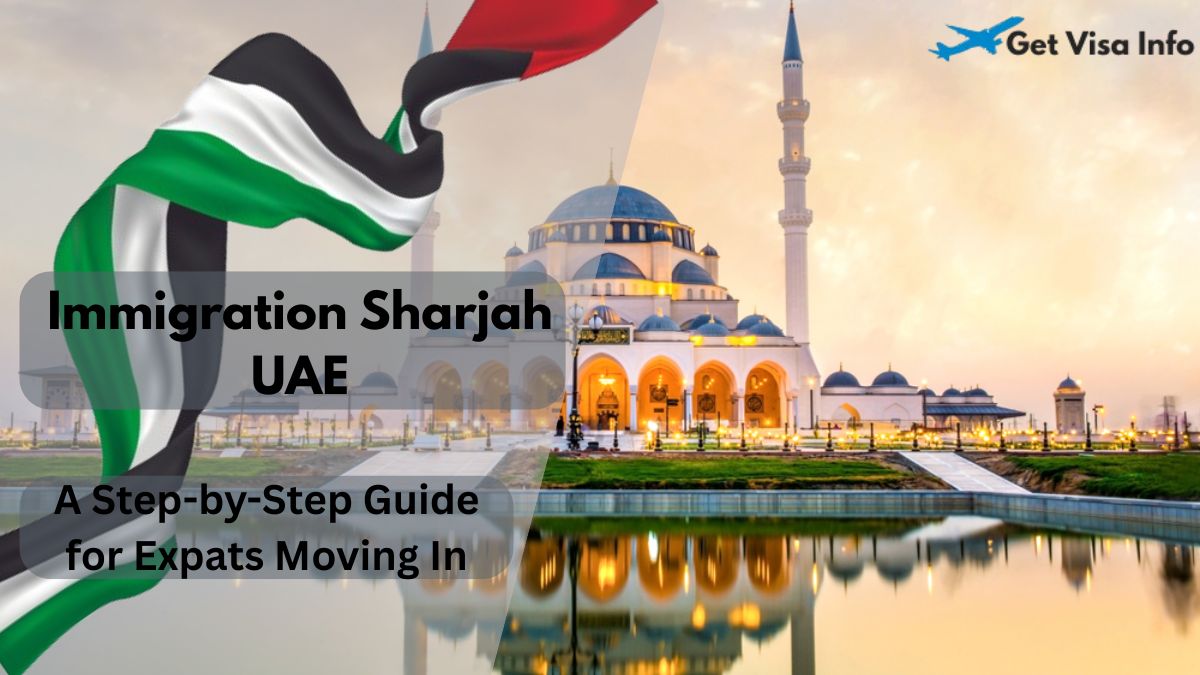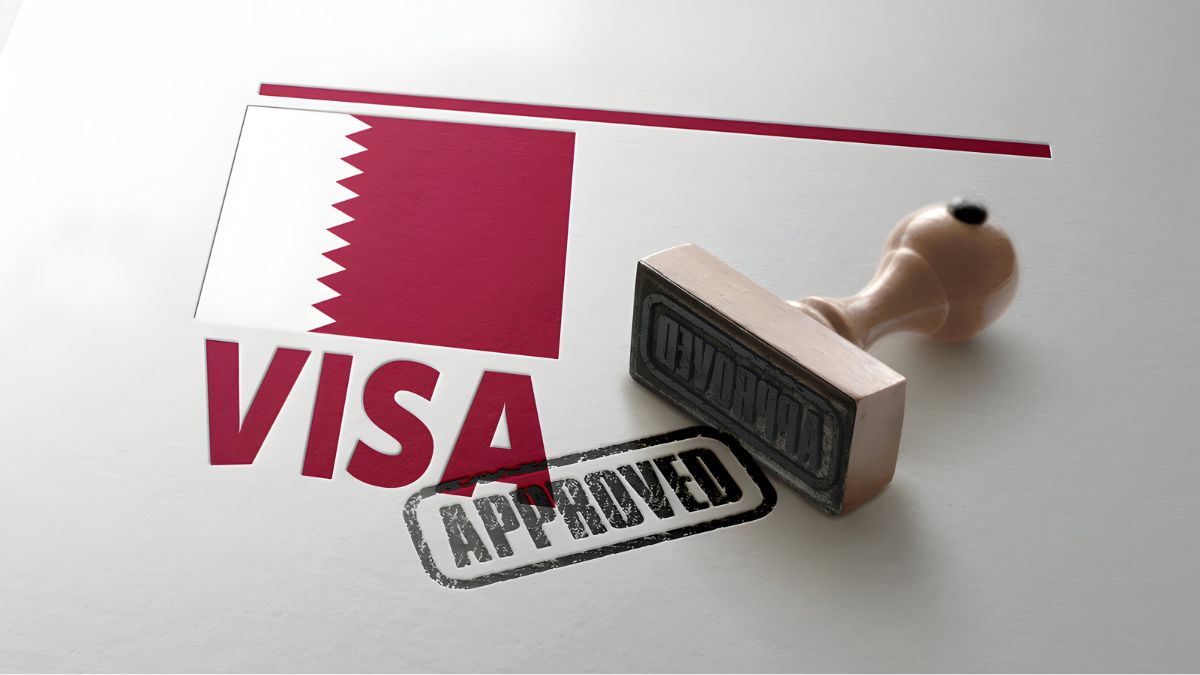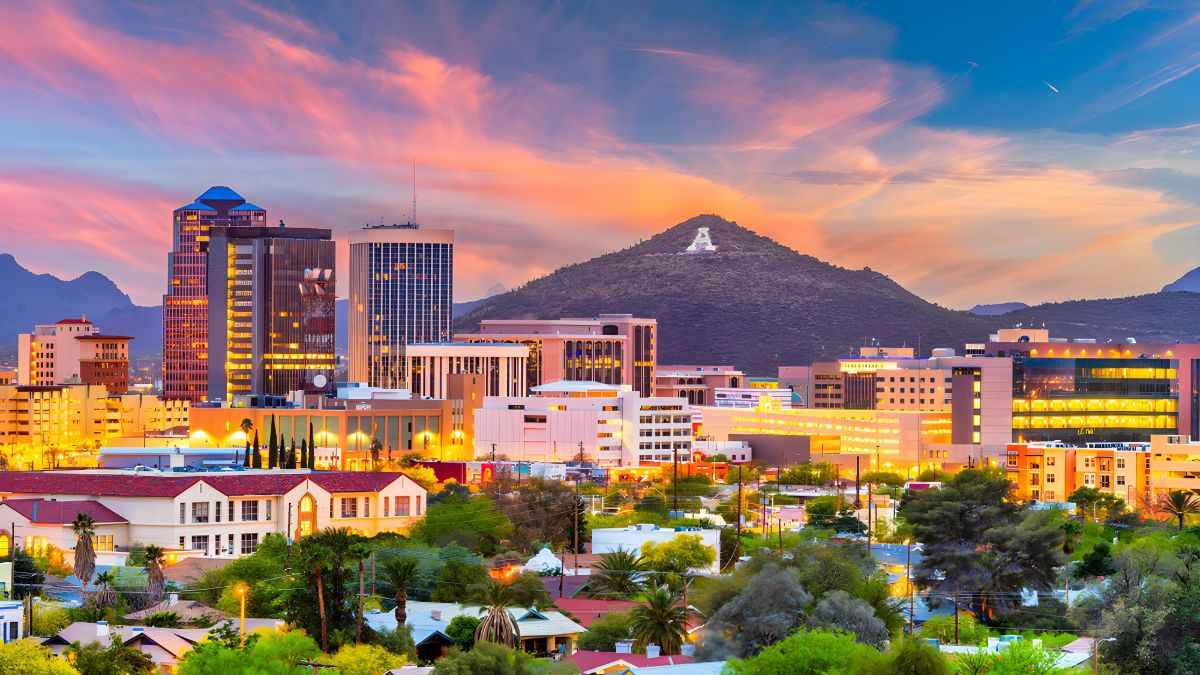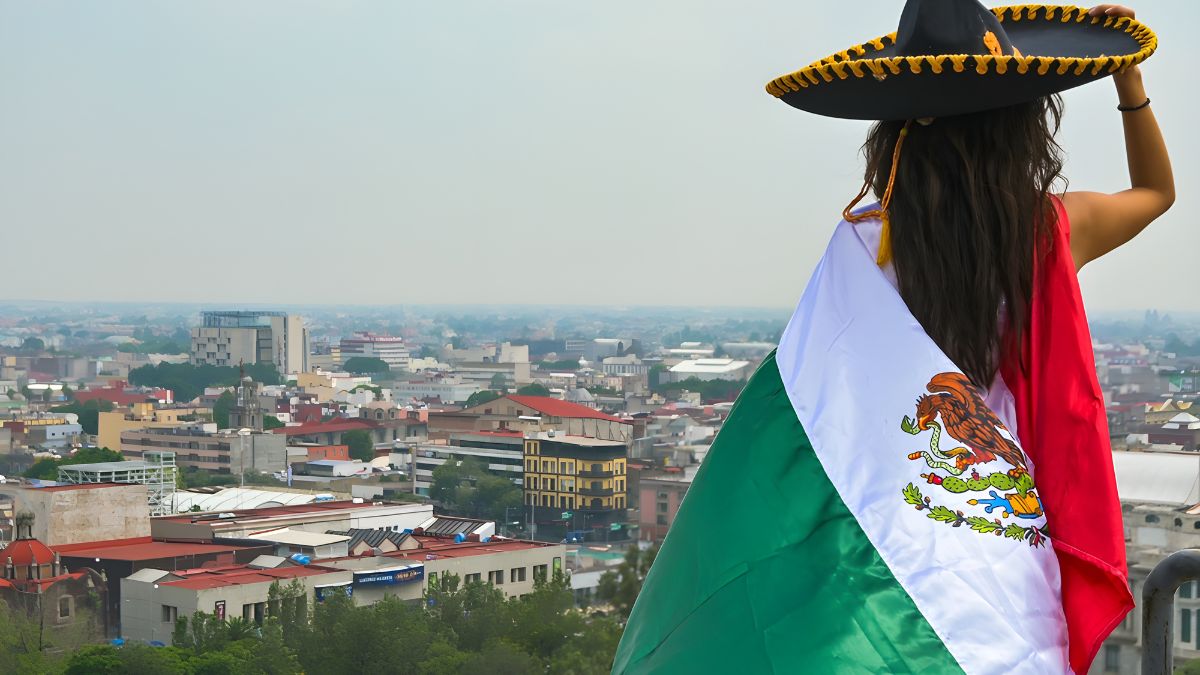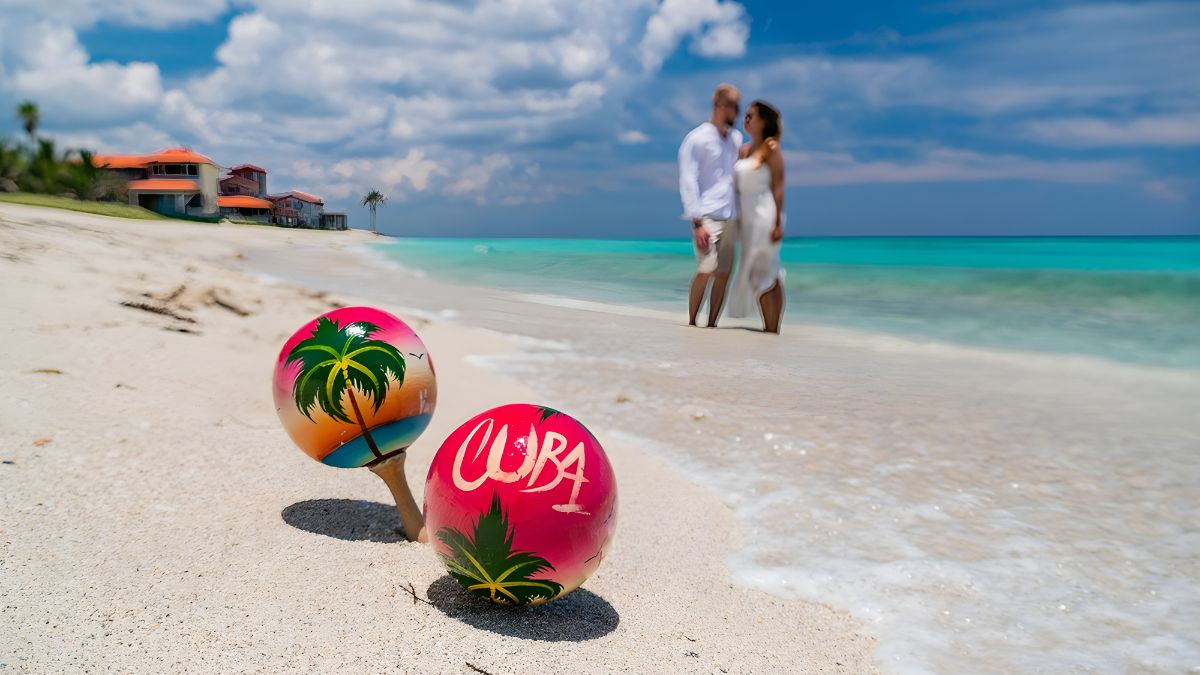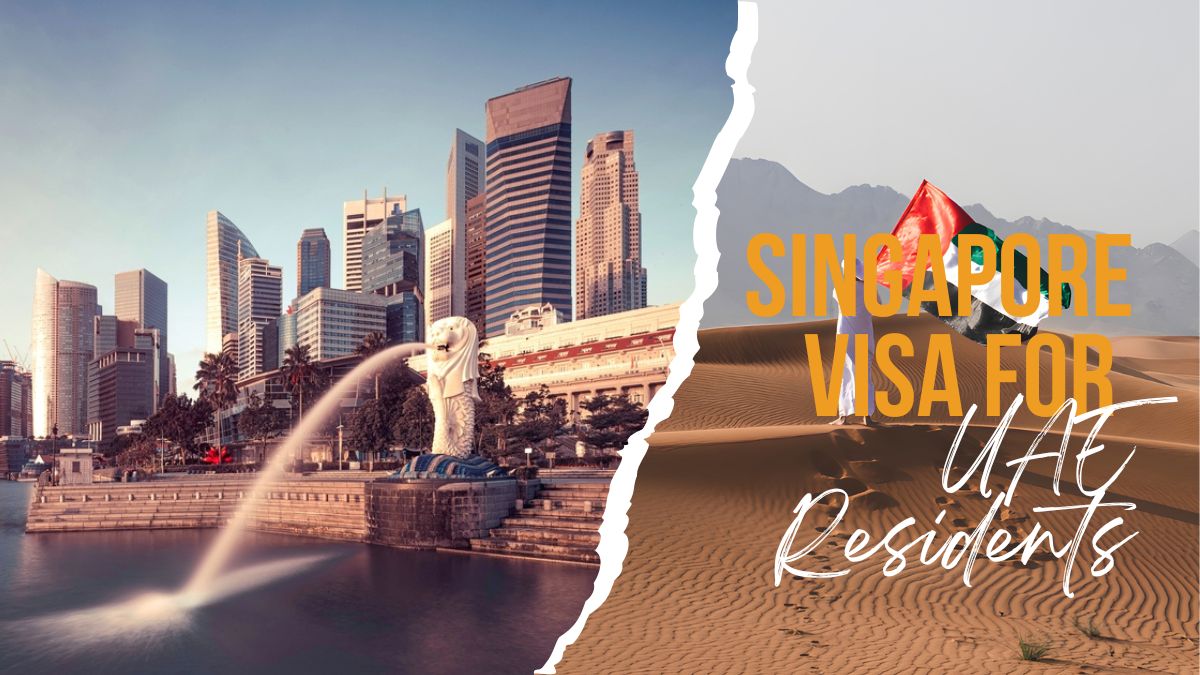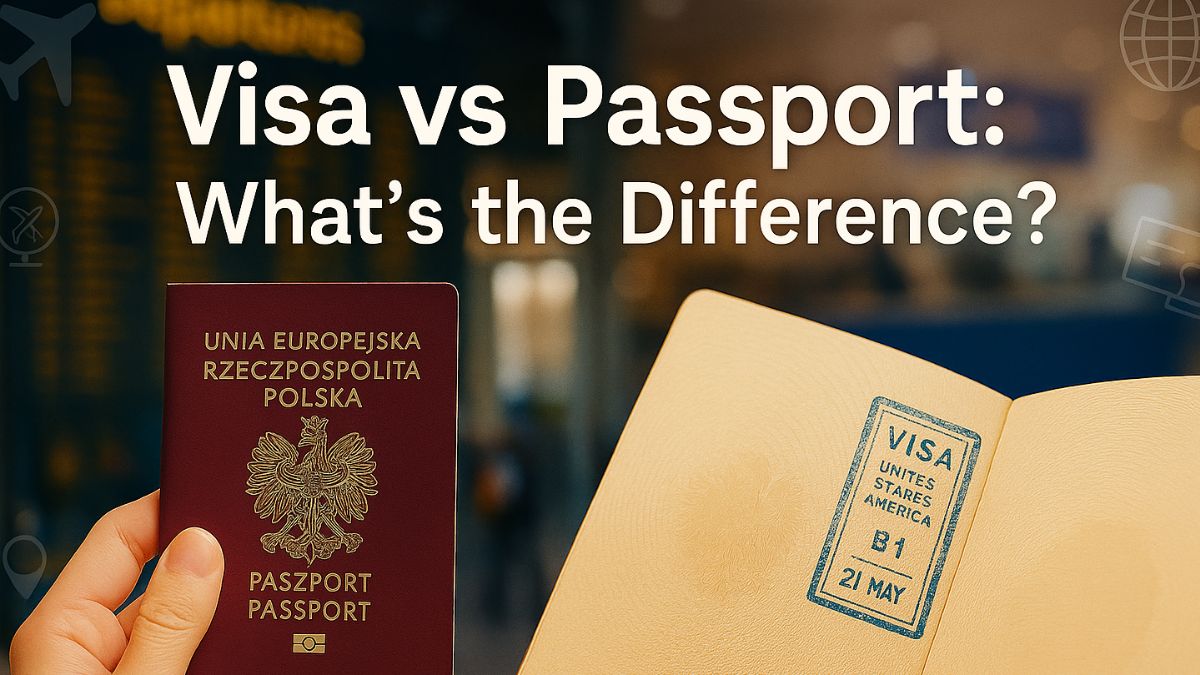
- May 27, 2025
- Heisenberg
- 0
Ah, the age-old travel confusion: Visa vs Passport. People throw those two words around as if they’re twins. But they’re not even distant cousins. They’re more like teammates—each doing a different job to help you cross international borders legally and (hopefully) smoothly.
A passport is like your backstage pass to the world stage—it proves who you are and where you come from. Your government gives it to you and basically says, “This one’s ours. Please don’t lose them.” On the other hand, a visa is more like an exclusive invite. It’s the host country’s way of saying, “Alright, you can come in—but only for this reason, and only for this long.”
They’re not rivals. They’re teammates. One opens the door, the other lets you walk through it.
And yet, people still get them mixed up all the time. You might hear someone say, “Do I need a visa if I have a passport?” or “I got my visa, so I’m good to go, right?” And the answer is: maybe… maybe not. That’s exactly why we’re here.
In this post, we’ll unpack the whole Visa vs Passport mystery. What’s the difference? When do you need one—or both? And which one can make or break your trip before it even begins?
Let’s clear the runway.
Table of Contents
Toggle☑️ What Is a Passport, Really?
A passport is your international identity document. It’s like your country’s way of saying, “Yep, this one’s ours. Let them through.”
Issued by your home country, it:
- Proves your citizenship
- Has your personal details like name, photo, DOB, nationality, and more.
- Usually includes biometric data like a chip (those little gold squares on the cover)
- Is needed for international travel
Think of it as your identity card for the international arena. Without a passport, you can’t even dream about hopping on a flight to another country—unless you’re dreaming of a one-way ticket to nowhere.
No passport = no flight, no entry, and definitely no coconut water.
Passports are long-term documents—most last 5 or 10 years depending on your age and country of issue.

☑️ What Is a Visa, Then?
Enter the visa. If the passport is your ID, the visa is your permission slip. It’s an endorsement or a sticker (sometimes digital) from the country you want to enter, granting you temporary or permanent access.
It can come in several forms:
- A physical sticker in your passport
- A stamp
- A digital visa (e-visa)
- Or even an email confirmation
Different countries have different visa policies. Some allow you in without a visa for a short time. Others? You’ll need to jump through hoops, submit documents, pay fees, and then maybe they’ll let you in.
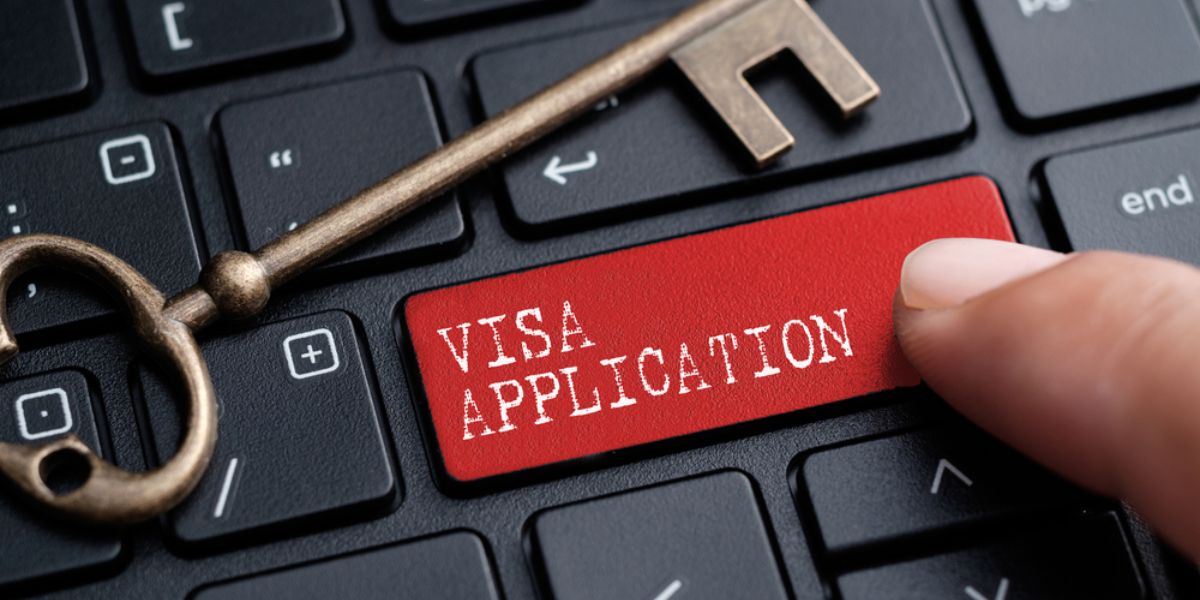
🥊Visa vs Passport: Key Differences
Still confused? Here’s a more casual breakdown:
| Feature | Passport | Visa |
| Who issues it? | Your home government | The country you’re visiting |
| What does it do? | Proves your nationality and citizenship | Grants permission to enter/stay/work |
| Can you travel with just it? | Only to visa-free countries | Not without a valid passport |
| How long is it valid? | Usually 5–10 years | From a few days to several years |
| Mandatory for travel? | Always, yes | Depends on the country you’re visiting |
| Required for | International travel | Entry into specific countries |
| Is it enough to travel? | Not alone | Not alone either |
Both are crucial. One shows who you are. The other decides if you’re welcome.
🧳 When You Need One, The Other, or Both
You’ll always need a passport for international travel. Always. No exceptions.
But a visa? That depends. For example:
- U.S. citizens can travel to 180+ countries without a visa (but still need a passport)
- Indian passport holders need a visa for most Western countries
- EU citizens can roam across Europe visa-free
So sometimes you need both. Sometimes just the passport. But you’ll never need just the visa—because you can’t get one without a passport in the first place.
❗ Fun Fact: One Can Be Denied Without the Other
You might have a valid passport but still be denied a visa. Why? Maybe you didn’t meet the criteria or something just didn’t feel right to the consular officer.
Or maybe your visa’s all good, but your passport is expired or damaged.
Boom—you’re not flying.
So yes, in the travel world, they’re a duo. One without the other is like salt without pepper. Or bread without butter. Or a boarding pass without a flight.
🔓Are There Countries You Can Visit With Just a Passport?
Yes! In fact, some passports are more powerful than others. For example, holders of Japanese, Singaporean, or German passports can travel to over 180 countries without needing a visa.
On the other hand, if you’re from a country with more restricted access (like Afghanistan or Syria), you’ll need a visa for nearly every destination.
🌍 Why Do Some People Need Visas and Others Don’t?
Ever wonder why your friend from Germany can breeze through airports without a visa, but you’re stuck filling out 14 forms and digging up your grandma’s birth certificate?
Yeah, it’s not exactly fair. But it all comes down to international agreements.
Countries make deals with each other—basically like, “Hey, I trust your people. They can visit us without a visa.” These are called visa waiver agreements. The more powerful your passport, the more countries you can enter without extra paperwork.
For example:
- Japanese passport holders can enter over 190 countries visa-free (as of 2025).
- Afghan passport holders can only enter around 4 countries without a visa.
The difference is massive.
So, it’s not just about documents—it’s about politics, diplomacy, and how your home country plays on the global stage. If your country is seen as stable, prosperous, and low-risk for overstays, you’ll usually need fewer visas.
But here’s the thing: this isn’t permanent. Countries update visa policies all the time based on:
- Immigration trends
- Security concerns
- Economic relationships
- Or just… politics being politics
That’s why staying updated is key. One day you’re visa-free, the next, you’re applying and praying.
😅 Real-World Mistakes People Make (and You Shouldn’t)
- Thinking a visa = permission to enter.
Wrong. It’s permission to ask to enter. Border officers can still deny you. - Forgetting passport validity.
Many countries need your passport to be valid for at least 6 months from your entry date. - Confusing e-visa and visa-on-arrival.
They’re not the same. Check official sources! - Assuming travel insurance = visa approval.
It helps, but it’s not a guarantee.
📌 FAQ: Quick Answers to Common Questions
Q: Can I travel with just a visa?
Nope. No passport, no travel.
Q: Can I have a passport and still be denied a visa?
Yes. Embassies may reject your visa if documents are incomplete or if your reason is unclear.
Q: What happens if my passport expires while I’m abroad?
You’ll need to visit your embassy and get emergency documents to return home.
Q: Can I travel if my passport is valid but my visa is expired?
No, you need a valid visa to enter countries that require one.
Q: Can I travel if my visa is valid but my passport has expired?
No, both your passport and visa must be valid.
Q: What if I lose my passport with a valid visa?
Report it immediately, apply for a new passport, and possibly a new visa.
Q: Do children need their own passports and visas?
Yes, every child must have their own passport and visa (if required).
Q: Can I travel with a damaged passport?
It’s risky. Many countries may deny entry. Renew it before traveling.
Q: How long should my passport be valid?
At least six months beyond your travel date, in most cases.
Q: Can I use a visa in my old passport?
Yes, if it’s still valid and you carry both passports together (rules vary by country).
Q: Does having a visa guarantee entry?
No, the final decision is made by immigration officers at the border.
Q: What is the Visa Waiver Program (VWP)?
It allows citizens of certain countries to enter the U.S. without a visa for up to 90 days.
Q: Can I extend my visa while abroad?
Sometimes. It depends on the country’s immigration laws.
👋 Wrapping It Up: Visa vs Passport
Here’s the TL;DR if you’re still wondering about visa vs passport:
- A passport says who you are and where you’re from.
- A visa says you’re allowed in and for how long.
They’re partners. You need both to go places. Think of them as the Batman and Robin of your travel story.
Don’t forget: different countries, different rules. Always check the embassy website of the country you’re visiting. No one wants to be “that person” turned away at the border.
Need help figuring out visa requirements, work permits, travel rules, or immigration stuff?
We’ve got your back at Get Visa Info — your go-to space for all things related to visas, travel, immigration, food, and way more. Stay informed. Stay legal. Travel smarter.







